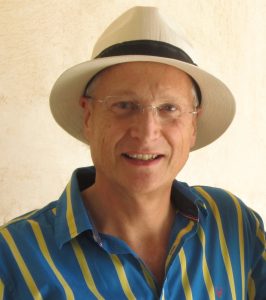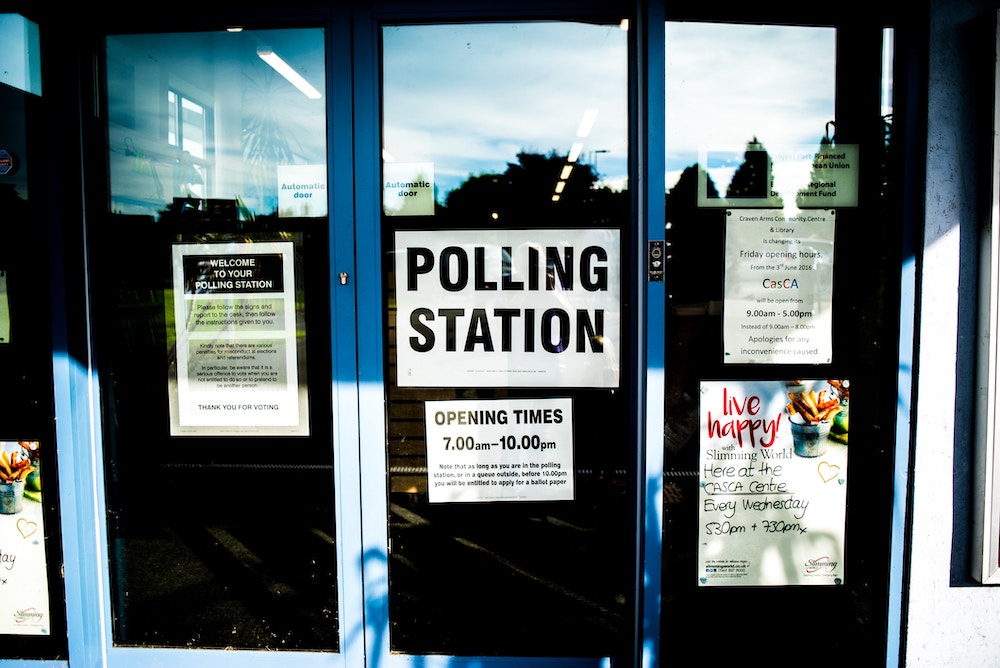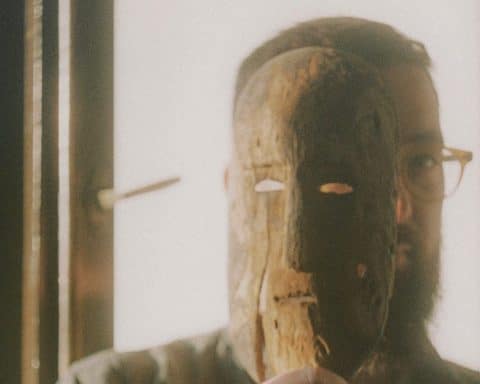 David Misselbrook was a South London GP for 30 years. He was involved with GP training, CPD development and medical ethics. He now teaches Family Medicine and ethics for RCSI Bahrain.
David Misselbrook was a South London GP for 30 years. He was involved with GP training, CPD development and medical ethics. He now teaches Family Medicine and ethics for RCSI Bahrain.
According to House, “patients lie”. Well, I guess most humans lie. Why pick on patients? In our era of ‘fake news’ (there – we don’t even call it lies any more) it is hard to know who or what to trust. Better to be cynical? But what if we have lost our way? We have little trust in public life because we see little virtue in public life. Nothing kills virtue as fast as cynicism. Cynicism is a valid response to what is phony. So is western culture no longer capable of authentic living?
Greek philosophers were masters of the snappy punchline.
So what of modern cynicism? We tend not to be sceptical about ourselves and our motives, for we feel entitled to think as we please. And few are cynical about the value of wealth, at least not if we look at behaviour rather than words. No, we doubt others, and especially their motives. We have turned cynicism on its head. Instead of being a tool to challenge our own follies it has become a defence mechanism against the rest of the world.
If we are to make a world that works we need to be attending not just to our own human flourishing but to the flourishing of others.
But this gets us back where we started. In a world where folly trumps wisdom, where we easily leave our senses rather than remain with our friends, it is hard to keep faith with the polis – humans as a group. But we too are human. The polis is just us and all the others like us. Folly begins at home. Might good will and virtue begin at home too?
A young man is said to have prayed “Lord, help me to change the world”. When he became a burnt-out middle-aged man he prayed “Lord, help me to change those around me”. As a wiser and humbler old man he at last prayed “Lord, help me to change”. We are offered three main starting points for morality. “Follow the rules.” “Follow what most people want.” Or “what would a good person do?” In this dysfunctional and cynical world – this same world travelled by Socrates, Antisthenes, Jesus, Kant, Bentham and you and me – the only grown up answer to morality starts with myself. As Kierkegaard put it, “in order to study the ethical, every human being is assigned to himself“.[2] A good thought, even if not as snappy as Diogenes.
[1] MacIntyre A. After Virtue. London: Bloomsbury, 1981: p 2.
[2] Kierkegaard S. Concluding Unscientific Postscript to Philosophical Fragments. Trans Hong H & Hong E. Princeton: Princeton University Press, 1992: p141.










